Opportunities
The Regional Foundation invests in non-profit entities engaged in resident-driven community development activities. For example, current and former grantee partners include, but are not limited to, community development corporations, healthcare institutions, municipal level planning non-profit agencies, and creative placemaking organizations.
The Regional Foundation encourages applicants to consider their plan scope in breadth and depth when requesting funds. Expenses may include staff time, consultants, community outreach and organizing costs, resident stipends for steering / advisory committee membership, meeting expenses and related costs.
Our Priorities
- Fall within our 62-county service area;
- Geographic and demographic diversity – rural, small town, small city and dense urban areas.
- Center resident-driven process and the building of community leadership throughout the course of the investment, from start to finish;
- Support wealth creation and neighborhood stabilization in communities that have experienced historical disinvestment and experience concentration of poverty;
- Support for place-making, place-keeping, and anti-displacement efforts through community development tactics;
- Feature collaborations with allied organizations, government entities, and other institutions to support long-term buy-in.
- Inclusion of newer, smaller, historically underinvested BIPOC-led initiatives in underinvested rural, urban, or other geographies.
Funding Opportunities
Neighborhood Planning Grants support the creation of neighborhood plans that address root causes of inequality and address any number of community development priorities including but not limited to affordable housing, workforce development, human services, commercial corridor initiatives, environmental justice, transportation, and education.
Comprehensive neighborhood planning initiatives typically address several development domains; however, the foundation recognizes that smaller, more targeted plans may be a catalyst for long-term neighborhood health and resiliency.
The foundation supports organizations in their capacity to define “neighborhood” as they see fit, regardless of population density—rural, suburban, small town, small city and large city neighborhoods are eligible to apply.
Requests may be made between $50,000 and $125,000 for a period of 12-18 months.
Grants typically culminate in the delivery of a written plan, detailing the process by which the plan was developed with the community, and outlining strategies for future plan implementation with partners.
Neighborhood Planning Applicant Resources
Click here to access definitions and additional resources.
This opportunity is currently closed.
Neighborhood Implementation Grants support comprehensive community development projects that target specific neighborhoods.
The community development project is typically based on a resident-driven neighborhood plan and is used for program costs only. It doesn’t provide funding for deficits, general operating costs, or bricks-and-mortar capital development.
The foundation typically provides five years of funding, up to two rounds per organization (total 10 years implementation funds).
This opportunity is only open to current grantee partners at this time.
Program-Related Investments (PRIs) are impact-first loans designed to support organizations as they pursue equitable community development initiatives. For the 2026 PRI cycle, the Regional Foundation will make available interest-free bridge loans to FY23 Cycle Neighborhood Planning and current Implementation grantee partners to address ongoing and emergent challenges related to government funding. Bridge loans will 1) help organizations continue essential community programs and services by covering delays in government (federal, state, local) contracts, or grant payments that support programs, services, staff time, or other operating expenses; and/or 2) help organizations complete real estate projects while awaiting a specified government grant or contract payment.
Loan requests may be made between $25,000 – $200,000 for a term of up to two years at a 0% interest rate. The foundation offers flexible repayment options. Example of flexible terms include, but are not limited to:
- No closing or origination fees;
- No credit pulls;
- Early repayment without penalty.
Eligibility Requirements:
- FY23 Cycle Neighborhood Planning Grantees and current Implementation Grantees
- Applicant does not have a current loan with the foundation
- Must produce fully executed copy of committed grant or contract
- Loan will be used to cover delays in government payments that support programs, services, staff time, or other operating expenses OR loan will be used to complete real estate projects while awaiting government payments
Ineligible Requests
- Bridge loans for delays in payments from non-government agencies
- Inquiries from organizations without active Neighborhood Planning and Implementation Grant awards.
How to Apply
To initiate a loan request, please contact Program Officer, Samantha Mogil, by email (smogil@regionalfoundation.org) or by phone (215.563.6878). Following the initial inquiry, organizations will be invited to submit a brief written application through the foundation’s online grants portal, SmartSimple.
Questions
Please contact Samantha Mogil, Program Officer, at smogil@regionalfoundation.org.
Capacity Strengthening Grants are designed to support current grantee and program related investment partners aiming to address specific opportunity gaps in their organization’s planning, staff well-being, operational or governance structures, and longer-term holistic investments.
This opportunity is currently closed.
In the event of a crisis, Regional Foundation partners can reach out to us to request support for an emergency, unforeseen, time-sensitive, urgent need that has arisen within their organization or focus neighborhood.
Responsive funds will be disbursed only for unforeseen circumstances that are tactical or strategic to the organization. These may be of a policy nature, or may include an emergency, disaster, critical emergent change to needs of community and/or operational unforeseen need.
Unplanned circumstances (e.g. “we did not get the grant we hoped to receive”) are not eligible. These short-term funds will be turned around within 1 week of request to support the organization in beginning to address the moment at hand. Requests may be made up to $25,000, for a 12-month term.
Examples of eligible requests:
- Natural disaster direct impact on the organization’s neighborhood of focus.
- Emergent policy issue that puts community members at immediate risk.
- Identification of urgent, unforeseen organizational need: e.g. sudden leadership transition, legal needs, other disruptive or catastrophic event.
Responsive grants do not support:
- Ongoing operations, programs, or activities.
- Requests to replace existing sources of funding.
- Sponsorship of events for organizational promotion.
Eligibility
Current or former (2021 to present) Regional Foundation grantee (or a collaborative partner) or program-related investment partner.
